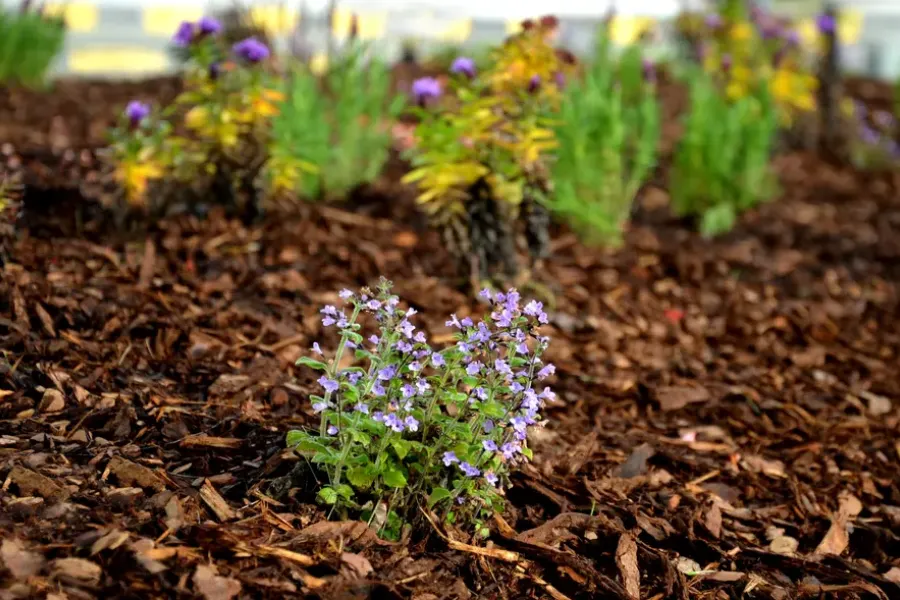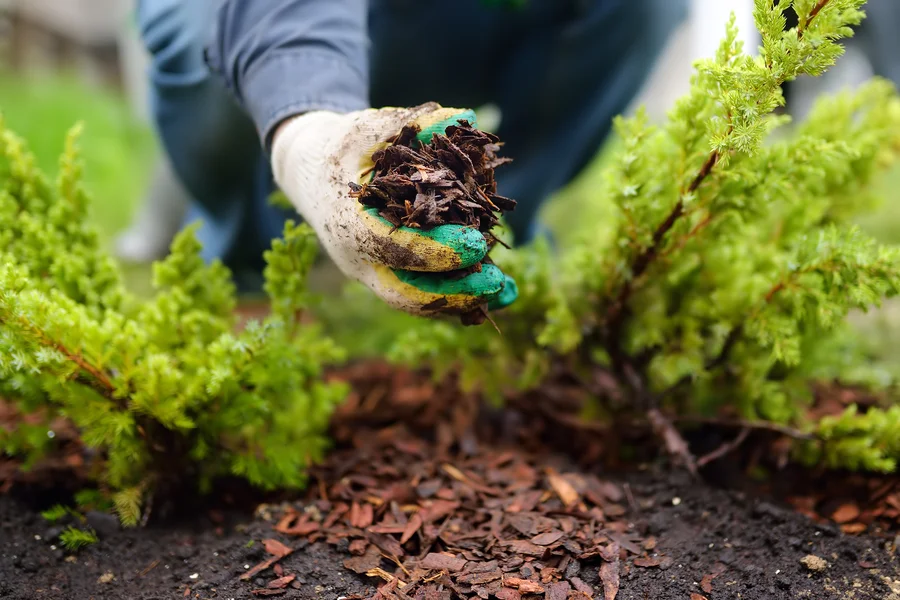Effective Strategies to Minimize Weeds and Enhance Plant Health
Creating a beautiful garden involves more than just planting seeds and watering them. One of the biggest challenges gardeners face is controlling weeds. These unwanted plants compete with your flowers and vegetables for nutrients, water, and sunlight. By using effective strategies, you can minimize their impact. This guide will provide you with valuable tips to help keep your garden weed-free.
The Role of Ground Cover in Weed Prevention
Your choice of ground cover plays a crucial role in preventing weeds. Organic materials like wood chips, straw, or grass clippings create a physical barrier that stops sunlight from reaching the soil. Without sunlight, weed seeds cannot germinate effectively, reducing their presence. Additionally, this layer helps retain moisture, benefiting your plants.
Organic Mulching Benefits
A popular method involves placing a thick layer of organic material over the soil surface. This practice not only blocks weeds but also enriches the soil as it decomposes. The breakdown process releases essential nutrients back into the earth, promoting healthier plant growth. Moreover, organic mulching helps regulate soil temperature, protecting roots from extreme weather conditions.
Inorganic Mulch Options
In contrast to organic options, inorganic materials such as stones or landscape fabric offer long-lasting weed control. While they don’t improve soil quality, these materials provide a solid barrier against weeds. They are particularly useful in areas where maintaining organic layers might prove challenging.
Choosing the Right Type for Your Garden
Selecting the appropriate type depends on several factors, including climate, plant variety, and personal preference. Consider local conditions and the specific needs of your plants. For example, in wet climates, materials like wood chips that absorb excess moisture might be advantageous.
Application Techniques for Maximum Efficiency
Proper application is essential for effectiveness. Spread an even layer across your garden beds, ensuring coverage of at least two to three inches. Too little won’t block sunlight efficiently, while too much could hinder plant growth by blocking air circulation.
- Ensure even distribution for consistent results
- Reapply as needed when the original layer breaks down
- Avoid piling it up against plant stems to prevent decay
Maintenance Practices for Long-Term Weed Control
Regular maintenance is key to sustaining its benefits. Keep an eye on your garden beds and replenish areas where the covering has thinned out. Periodically stir the layer to mix decomposed material with fresh additions, enhancing nutrient release.
- Add new material every season to maintain thickness
- Monitor plant health and adjust techniques if necessary
- Remove any visible weeds before reapplying
Cost Considerations and Value Propositions
The cost of various types varies widely. While organic options may be less expensive upfront, they require regular replenishment. In contrast, inorganic choices often entail higher initial costs but last longer without replacement. When evaluating costs, consider the long-term benefits each option provides to determine which offers the best value for your garden.
Your Pathway to a Lush Garden With Effective Ground Covering
To achieve a lush garden free from unsightly weeds, implementing these strategies can make all the difference. By understanding the benefits and proper use of different types, you can enhance both plant health and overall garden aesthetics. Contact 4 Seasons Lawn Care today at (440) 209-3383 for expert advice tailored to your specific gardening needs. Based in Berea, OH, our team is ready to assist you in creating a thriving garden environment.


